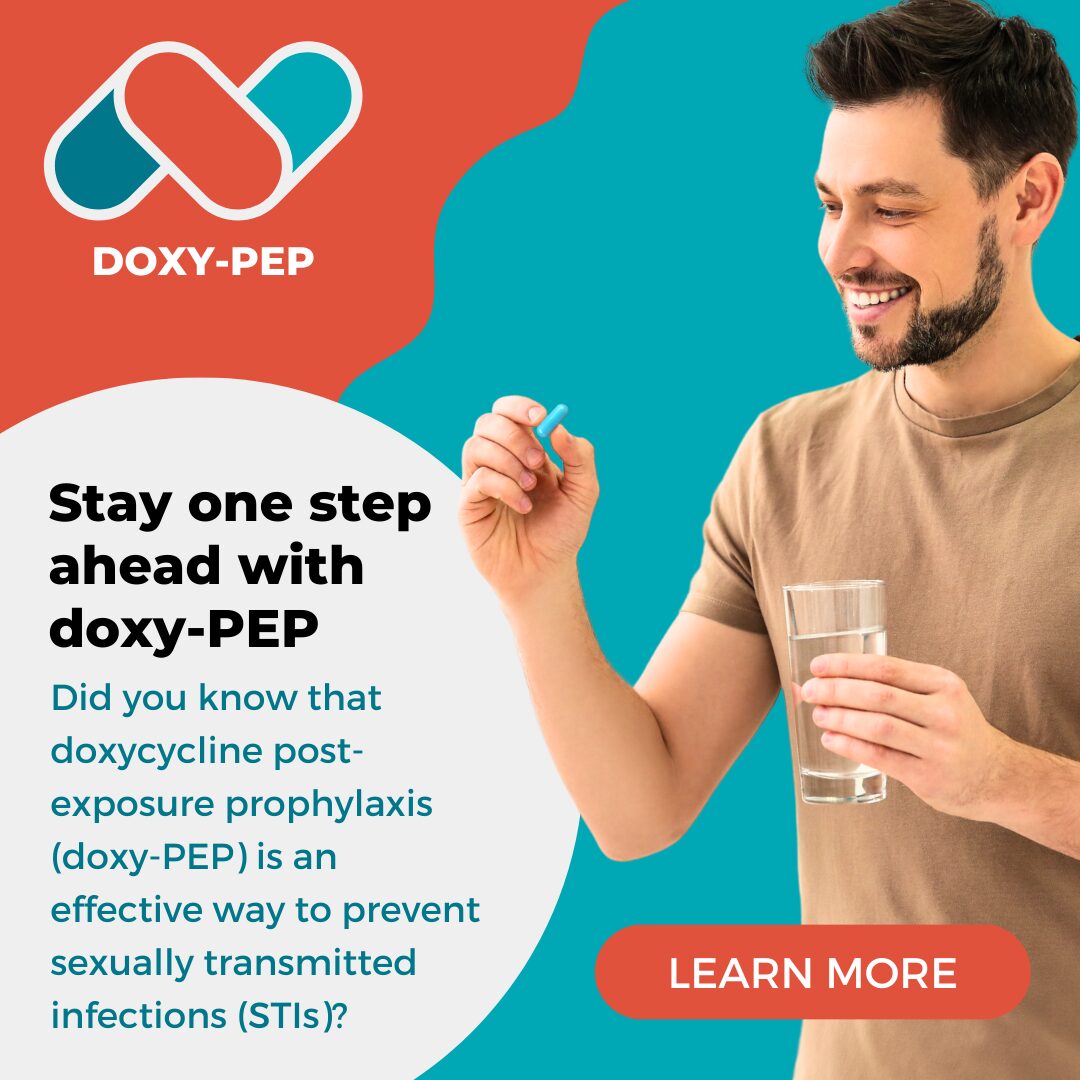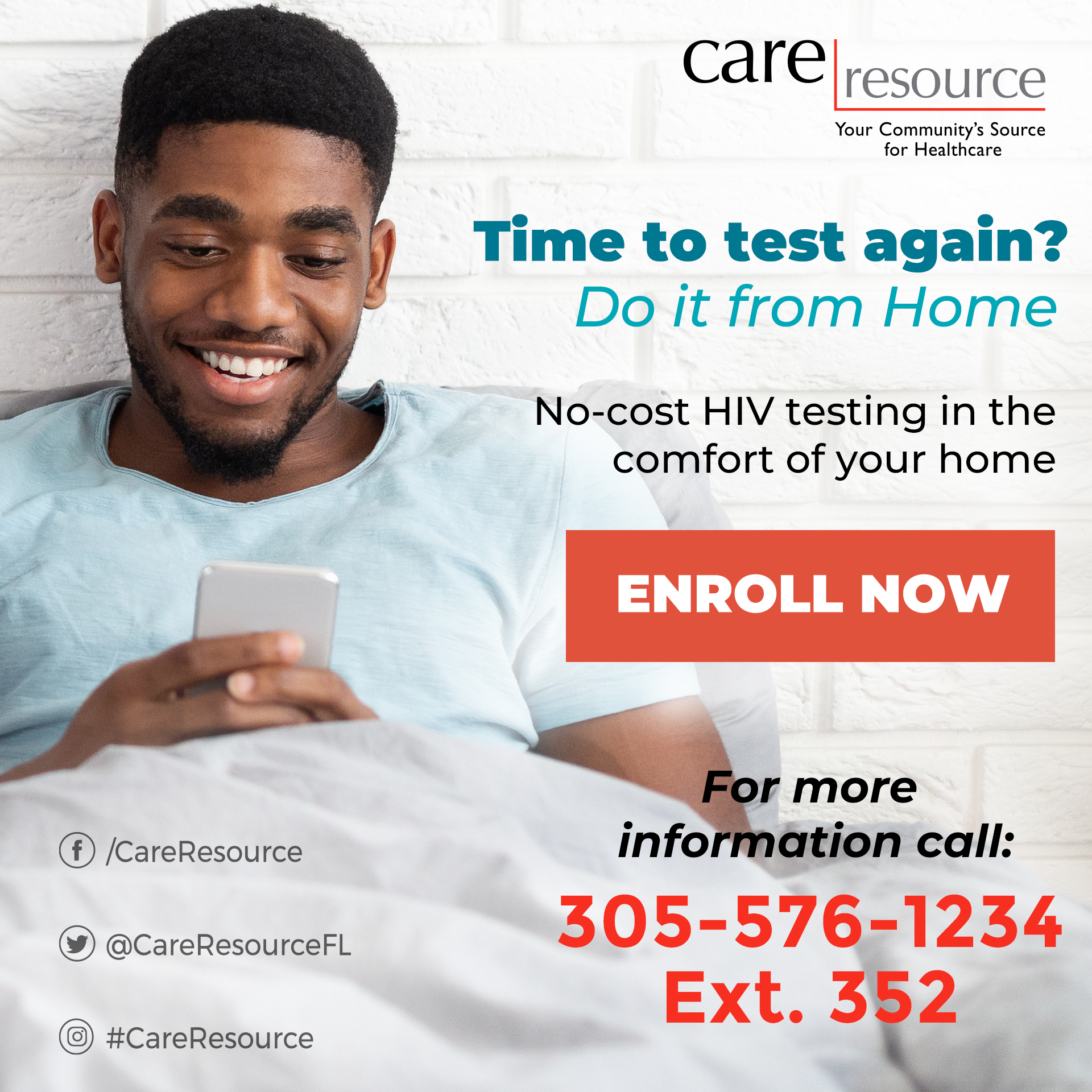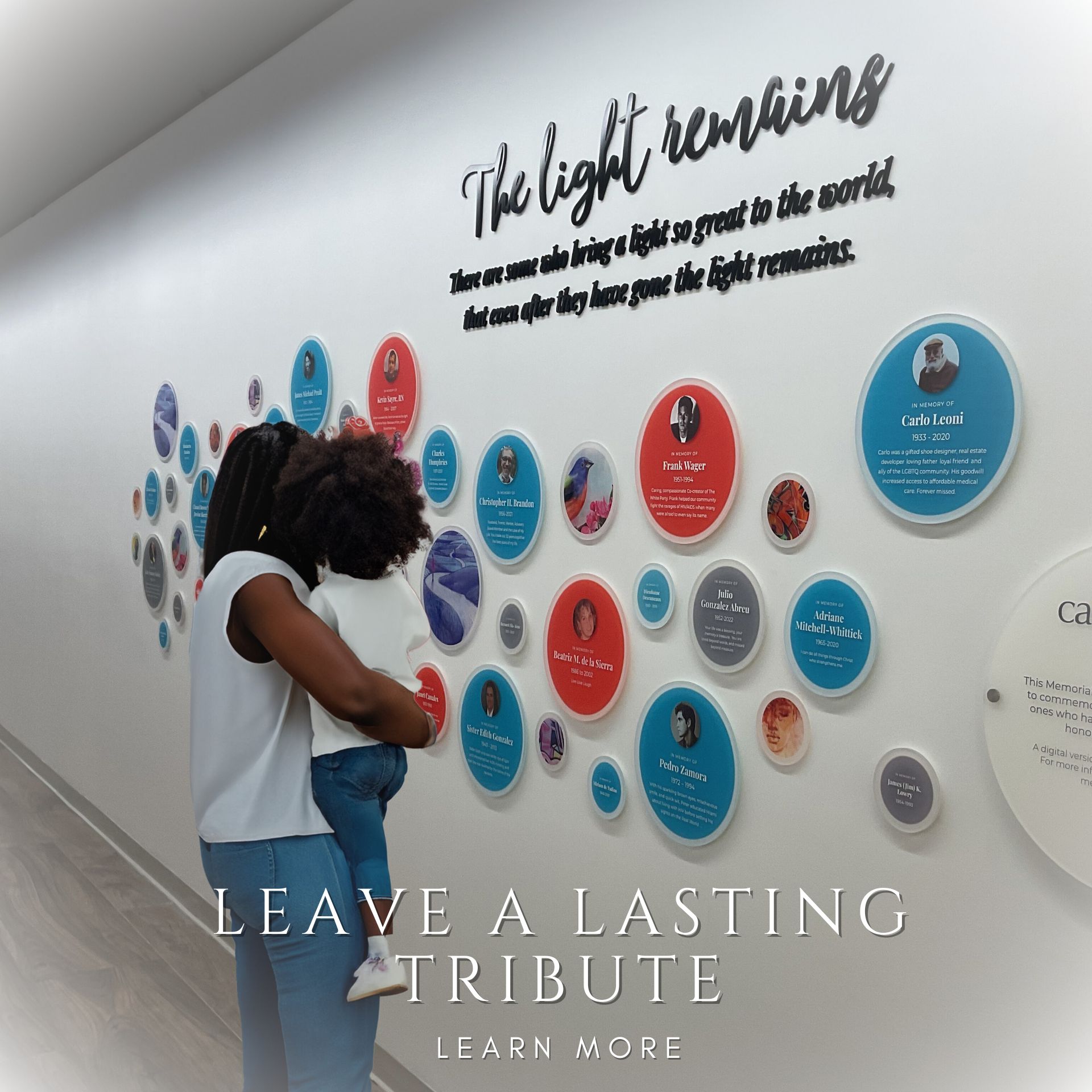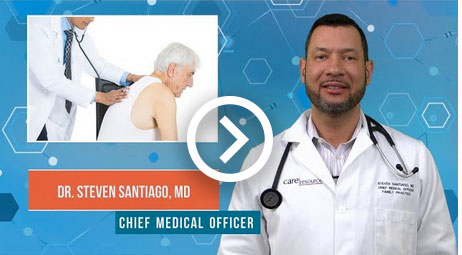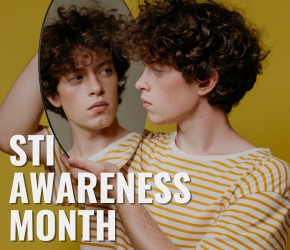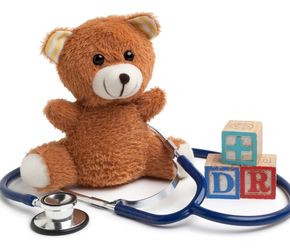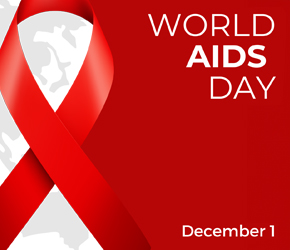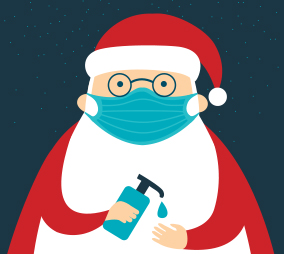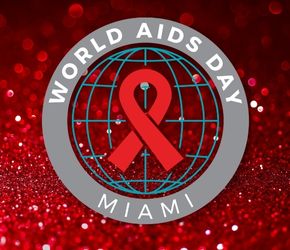According to the most recent CDC reports, the US has seen a 25% increase in suicide rates over the past 20 years. Making suicide the top 10 list of the leading cause of deaths in the United States. But the effects of suicide go far beyond the person who acts to take their own life: it can have a devastating effect on family, friends, and communities.
Feeling suicidal does not mean that you are crazy, flawed, or weak. It is not a character defect. Having suicidal thoughts only means that you have more pain than you can deal with right now. This pain seems completely overwhelming. It might even feel like it will never go away. The reasons for this pain are unique to each one of us, and the ability to cope with the pain differs from person to person.
When a person is thinking about suicide, sometimes it can be hard to see a way out. It’s not that other solutions don’t exist, but the intense emotional pain can distort a person’s thinking so much, it becomes harder to see possible solutions to the problems. Psychologists, therapists, friends or loved ones can help a person to find solutions that otherwise may not be apparent.
If you or someone you know might be in a dark place right now, here are three important steps to follow.
- Promise not to do anything right now. Even though you are in a lot of pain at this moment, give yourself some distance between thoughts and action.
- Avoid drugs and alcohol. Suicidal thoughts can become even stronger if you have taken drugs or alcohol.
- Do not keep these feelings to yourself. Find someone you trust and let them know how bad things are. A friend, a family member, a neighbor.
It takes real courage to face death and despite how you’re feeling, step back from the edge. Use that courage to face life, to learn coping skills for overcoming your emotions, and for finding the strength to keep moving forward.
Getting professional help such as talking to an experienced Behavioral Health provider can really make a world of difference. These providers can share ideas to build the skills a person needs to solve their problems and find meaningful ways to cope.
For more information, or to make an appointment to speak with a licensed clinician, please call us at 305-576-1234 Extension #315.
Or, call the National Suicide Prevention Lifeline at 988 or 1-800-273-TALK (8255) or the National Hopeline Network at 1-800-SUICIDE (1-800-784-2433).
